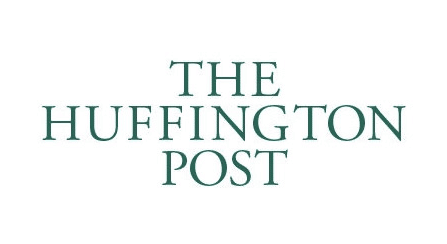Reprint from the Huffington Post

WASHINGTON — On Monday morning, the Partnership for Civil Justice Fund announced that it had reached a historic $2.2 million settlement with the Justice Department and the Department of the Interior that will ensure the U.S. Park Police will no longer conduct mass arrests of demonstrators known as “kettling.”
The practice of surrounding protesters, detaining them without warning and arresting them en mass, or “kettling,” has been a go-to tactic utilized by police departments across the country. Kettling became widely known –- and the basis of several costly civil suits — during demonstrations against the IMF and the World Bank more than a decade ago. More recently, police used mass arrests against Occupy Wall Street protesters in New York and elsewhere.
This new settlement stems from the infamous September 2002 mass arrests in Pershing Park, located near the White House. In that incident, the U.S. Park Police helped surround people in the park and prevented them from leaving. The Partnership for Civil Justice Fund filed a federal lawsuit on behalf of the roughly 400 people who were rounded up without warning in the park, arrested and then taken into custody by the Metropolitan Police Department. Those in custody were then hog-tied for hours while they waited to be released.
The mass arrests took place on the first day of anti-globalization protests. Among those arrested were nurses in the city for a conference and attorneys walking to work. The mass arrest sparked outrage, and led to reforms within the MPD. In late 2009, the Partnership for Civil Justice Fund settled its lawsuit with the MPD.
The U.S. Park Police has agreed that from now on when monitoring a march or rally, it will provide clear and ample warnings to demonstrators if they are violating any laws, and give them plenty of time to comply with whatever orders are given. The settlement also generally prohibits police lines from encircling demonstrators.
The settlement was not an easy one to reach. “We’ve been in negotiations for a substantial period of time,” explains plaintiffs attorney Mara Verheyden-Hilliard. “It took a lot of committed discussion from both sides.”
The agreement, she added, was important, if at least to allow activists to create a safe space for protests. The very real prospect of kettling, she says, sent a “chilling message” to anyone who wanted to engage in free speech. “The parties believe that the changes the Park Police has made and will make to its policies and procedures for handling mass demonstrations and potential high volume arrests … will avoid the circumstances that occurred on September 27, 2002 from recurring,” according to a court filing outlining the settlement agreement.
Officers must now be positioned in the back of a protest march to verify that when orders are given to activists, the orders are loud and clear. Demonstrators must also be given enough time to comply with the orders. If police see unlawful activity, they must have clear probable cause to arrest only the individuals they can identify as committing a crime, Verheyden-Hilliard says.
If the U.S. Park Police can agree to this settlement, explains Verheyden-Hilliard, then law enforcement officials in other parts of the country should follow suit. Police frequently cite security concerns as a reason for mass arrests. The Park Police settlement seems to render that argument moot. After all, the department patrols the grounds across from the White House and prime marching real estate in front of various embassies.
Verheyden-Hilliard says other civil rights attorneys are interested in the settlement. “We are hearing from people around the country who are eager to use these changes as a model in their jurisdictions,” she says.
